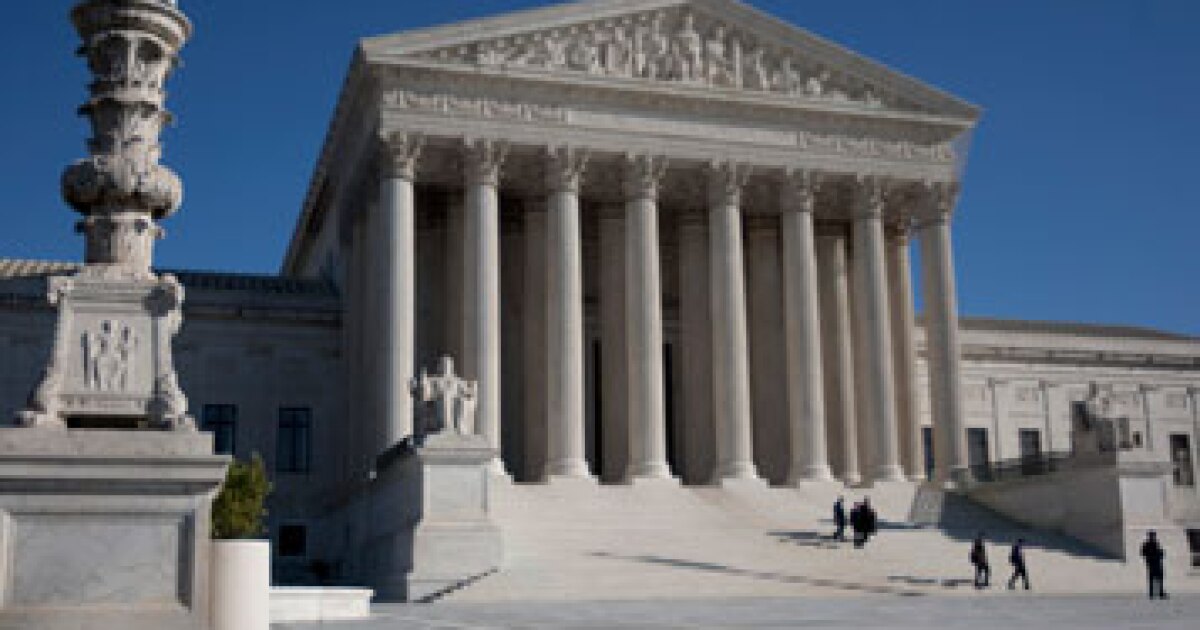
The Supreme Court has agreed to hear a petition involving Bank of America that challenges what depositories can do with mortgage escrow interest payments.
The high court will listen to arguments as to whether the National Bank Act preempts state laws related to the interest on such escrow accounts. The petition stems from a lawsuit by three New York borrowers who sued Bank of America over its refusal to comply with a state law requiring at least 2% interest payments on mortgage escrow accounts.
A 2nd Circuit panel previously ruled in the case that the National Bank Act does preempt the New York law. In a similar case involving Flagstar Bank, the 9th Circuit Court ruled a California law was not preempted; the Supreme Court as of Monday has yet to decide whether to hear that petition.
An attorney for the New York plaintiffs said in a statement Monday they were pleased by the Supreme Court's action.
"We're looking forward to explaining to the court why state consumer-protection laws aren't trumped by federal law in this case," wrote Jonathan Taylor of Washington D.C.-based Gupta Wessler LLP.
A representative for Bank of America declined to comment Monday.
The Biden Administration in an August amicus brief suggested the high court decline to hear both cases, arguing neither lower court applied a correct preemption standard to the laws. The solicitor general also contested that 13 state laws on interest-on-escrow was not the ideal issue for the high court to address the preemption of the National Bank Act.
The 2nd Circuit's decision in New York was the first time that any court held that any state mortgage escrow interest law was preempted by the National law, case filings state.
If the high court took up one of the cases, the solicitor general recommended the Flagstar case. The mortgages in the case against Flagstar were originated by the bank when it was a federally chartered savings bank and not subject to the federal statute. Flagstar completed its merger with New York Community Bancorp last year.
The solicitor general also argued the Dodd Frank Act made the preemption standards the same for both Bank of America and Flagstar.
At least one bank has been penalized for not paying escrow account interest; CitiMortgage in 2019 paid $7.8 million to over 94,000 California homeowners for allegedly failing to pay the state's required 2% interest.
A hearing for the Bank of America case is not yet scheduled.
The petition follows another Supreme Court case of interest to mortgage lenders, with oral arguments around the Consumer Financial Protection Bureau's funding wrapping earlier this month. Supreme Court justices appeared skeptical that the Bureau, a significant mortgage regulator, was improperly funded.



